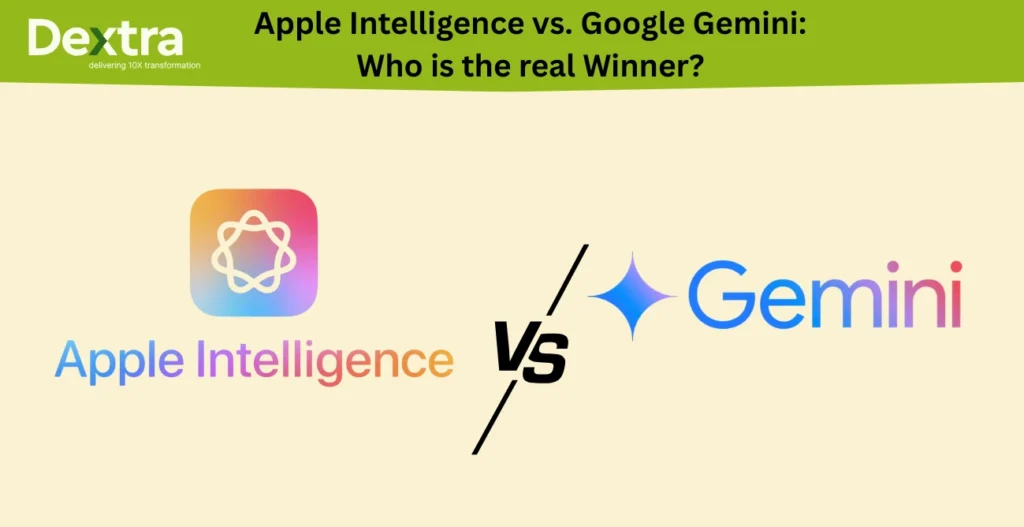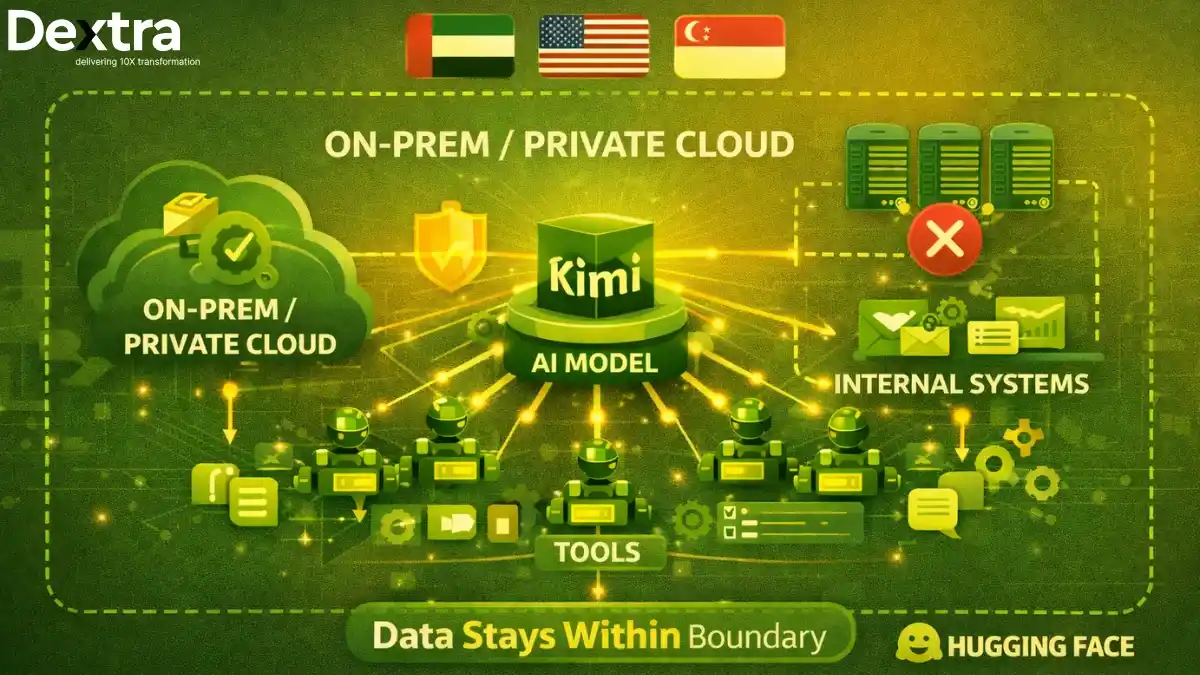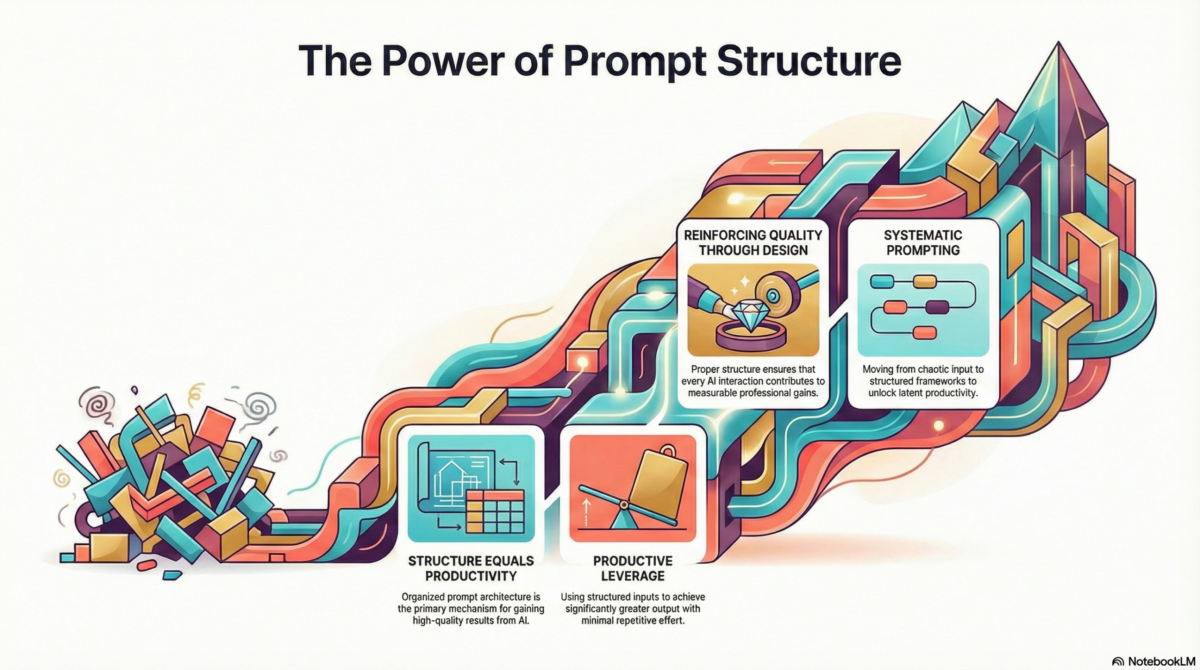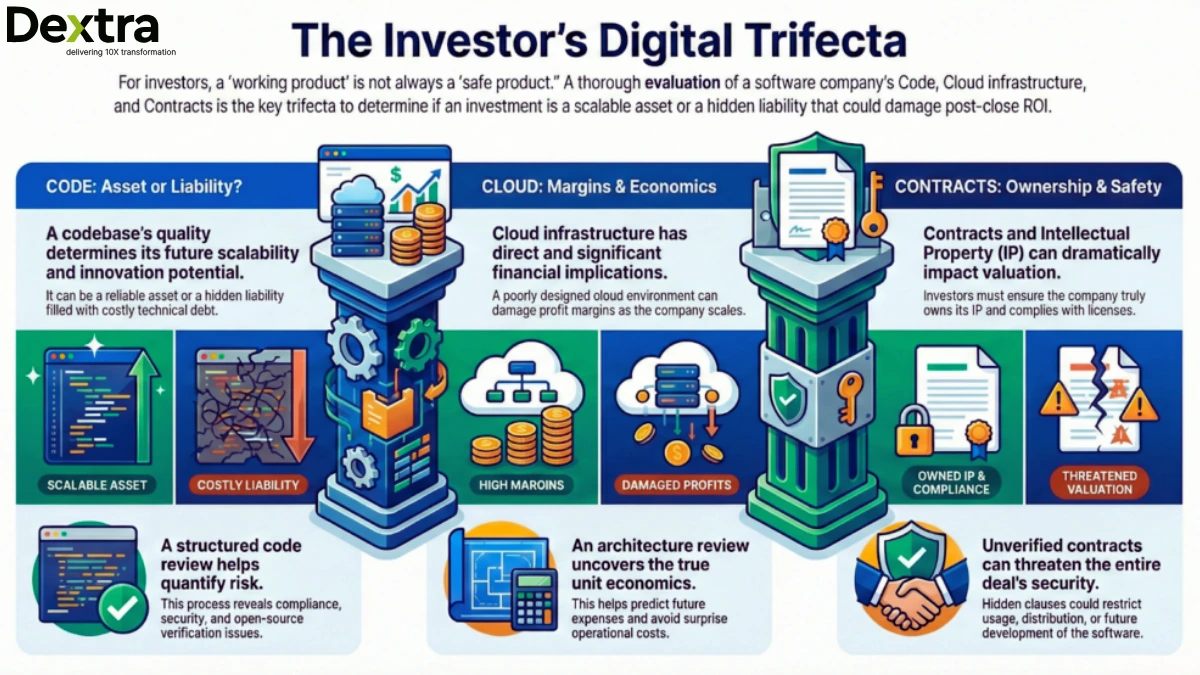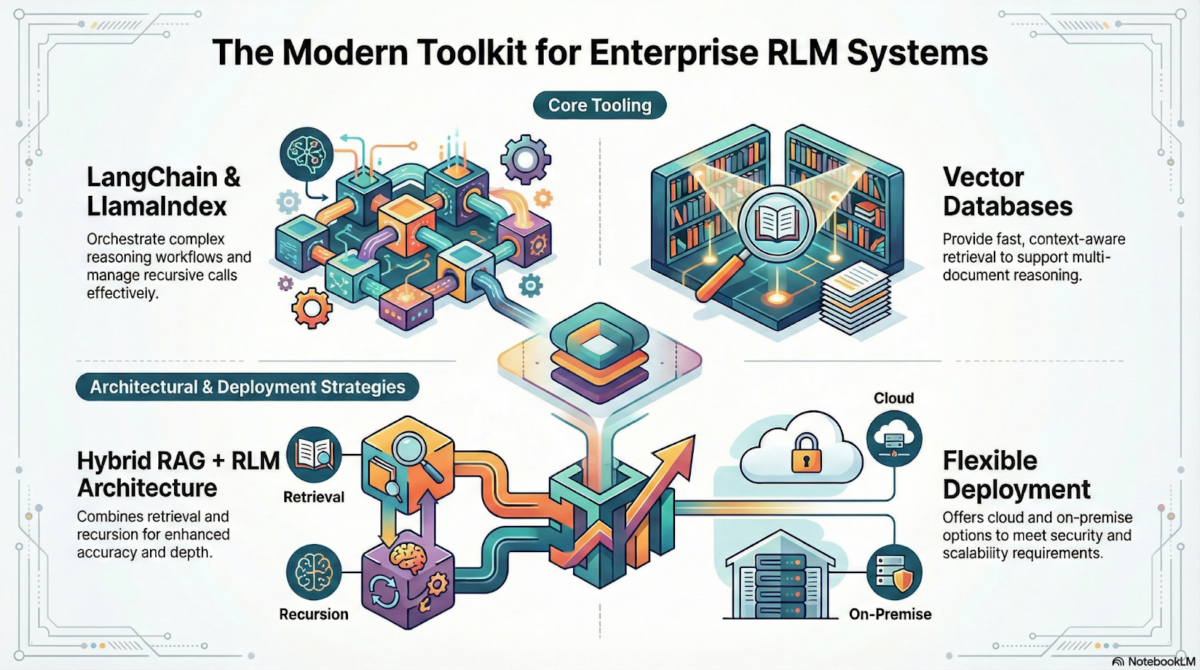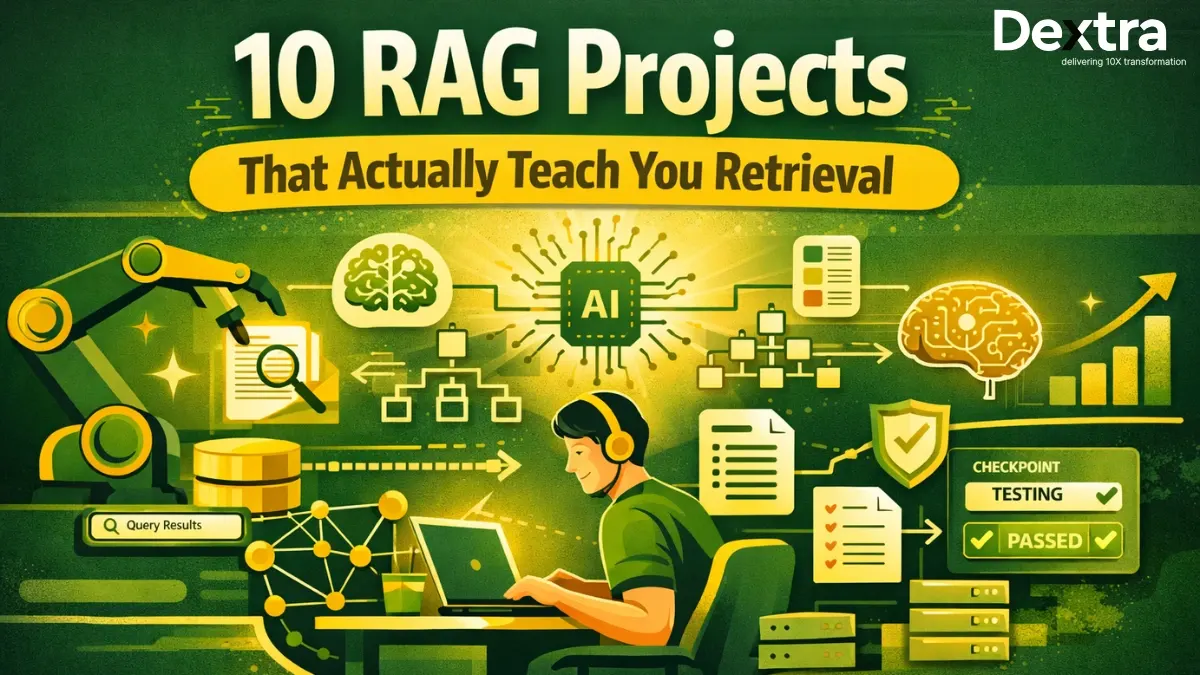In 2025, the battle for smart assistant supremacy is heating up and it’s not just about who can set reminders faster. It’s Apple Intelligence vs Google AI (Gemini), and both tech giants are pushing the boundaries of machine learning, contextual awareness, and on-device processing to redefine how we interact with technology.
Let’s break down the smart assistant comparison to see who’s taking the lead in this high-stakes AI showdown.
Apple Intelligence: Privacy-First, Seamless Integration
Apple Intelligence, introduced with iOS 18, represents Apple’s most ambitious AI move yet. It’s a system-wide, private-first intelligence layer that tightly integrates with your iPhone, iPad, and Mac. Think of it as an evolved Apple smart assistant smarter than Siri has ever been and deeply embedded across apps.
Key Features of Apple Intelligence:
- On-device processing: Keeps your data private while performing tasks locally.
- Priority Notifications: Summarizes what truly matters.
- Writing Tools: Rewrites, proofreads, and summarizes content across apps.
- App Actions: Executes commands within apps using natural language.
- Siri 2.0: Now context-aware and conversational, leveraging Apple Intelligence’s full capabilities.
Apple has also partnered with ChatGPT to handle broader queries, but only with user permission. That’s classic Apple: controlled, secure, and user-centric.
Google AI: Gemini and the Evolution of Google Assistant
Google has rebranded its assistant as Gemini, integrating it with its powerful LLMs (large language models). The new Google Assistant 2025 features emphasize proactivity, multitasking, and cross-device intelligence.
What Sets Google Smart Assistant Apart:
- Real-time contextual awareness: Gemini understands what’s on your screen and tailors responses accordingly.
- Multi-app capabilities: Summarizes meetings, writes emails, and manages tasks all within one prompt.
- Deeper search integration: Taps into Google Search’s knowledge base for highly relevant answers.
- AI overlays on Android: Offers visual and spoken cues as you interact with content.
Whether it’s booking a flight, planning a trip, or analyzing documents, Google AI feels faster, more flexible, and more proactive, especially on Android devices.
Smart Assistant Comparison: Apple AI vs Google AI
| Features | Apple Intelligence | Google AI (Gemini) |
| Privacy & Data | On-device, privacy-first | Cloud + on-device, opt-in |
| App Integration | Deep iOS/macOS integration | Broad Android + web integration |
| Writing & Summarizing | System-wide tools | Multi-app & in Gmail, Docs |
| Assistant Personality | More helpful Siri | Proactive, multi-modal Gemini |
| 3rd-Party AI Integration | ChatGPT opt-in | Native Gemini AI |
| Offline Capabilities | Strong | Growing |
Apple vs Google Machine Learning: Who’s Smarter?
When it comes to Apple vs Google machine learning, Google arguably has the edge in raw AI capabilities. Gemini is trained on massive datasets and performs impressively across reasoning, code generation, and visual understanding.
However, Apple’s machine learning excels in privacy-preserving, device-optimized models. Rather than chasing scale, Apple focuses on personal utility, making your phone feel smarter, not just act smarter.
So, who’s winning the AI Assistant Race?
If your priorities are data privacy, ecosystem fluidity, and clean UI, Apple Intelligence is a compelling upgrade, especially for loyal iOS users. It may not be the flashiest, but it’s deeply useful.
If you’re looking for raw power, broader capabilities, and an assistant that feels truly intelligent, Google AI (Gemini) currently holds the edge. It’s proactive, visual, and ready to manage your digital life across devices.
Final Words
The best AI assistant of 2025 might depend on your platform. Apple is catching up fast with a privacy-first, app-aware assistant that blends utility with trust. Google, on the other hand, is pushing the envelope in contextual intelligence, aiming to be the most capable assistant across all your tasks.
Whether you’re team iOS or Android, one thing’s clear: the AI assistant is no longer a gimmick; it’s becoming the centerpiece of our digital experience.
FAQs on Apple intelligence vs Gemini:
Q. What is the main difference between Apple Intelligence and Google AI?
Apple Intelligence focuses on privacy-first, on-device processing with deep integration into Apple’s ecosystem. Google AI (Gemini) is built for proactive, multi-modal assistance, often using cloud-powered models with broader functionality across Android and web services.
Q. Which smart assistant is better in 2025, Apple or Google?
It depends on your needs. Apple’s assistant is better for privacy and seamless iOS/macOS usage. Google’s Gemini assistant offers more features, cross-device functionality, and proactive suggestions, making it a top choice for Android and productivity users.
Q. Can Apple Intelligence use ChatGPT or other third-party AI?
Yes, Apple Intelligence integrates ChatGPT by OpenAI, but only with explicit user permission, ensuring control and transparency in how AI handles your data.
Q. Is Apple catching up to Google in AI and machine learning?
Yes, Apple is closing the gap with its device-optimized, privacy-focused AI, but Google still leads in terms of scale, speed, and cross-app intelligence due to its vast data ecosystem and cloud infrastructure.

